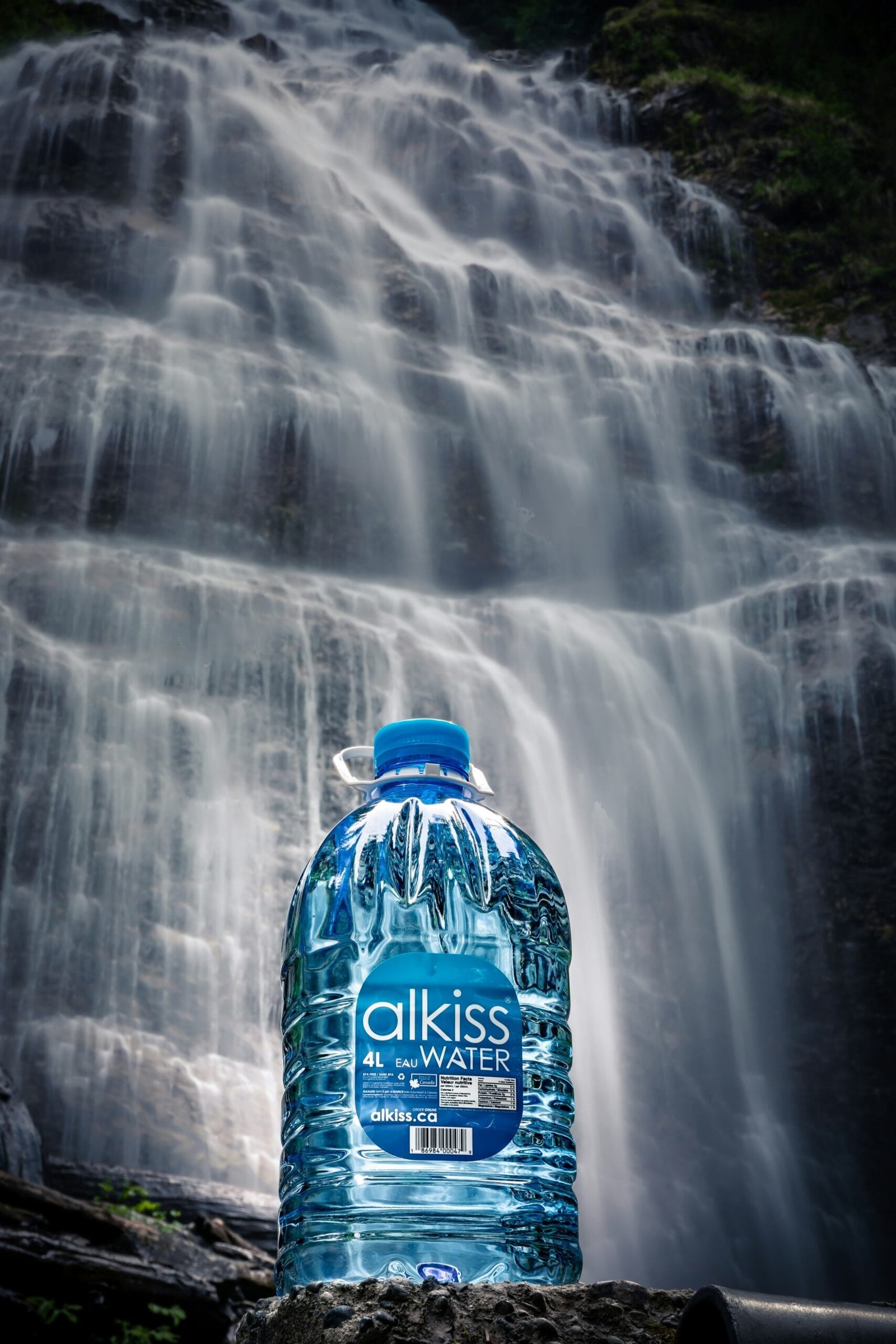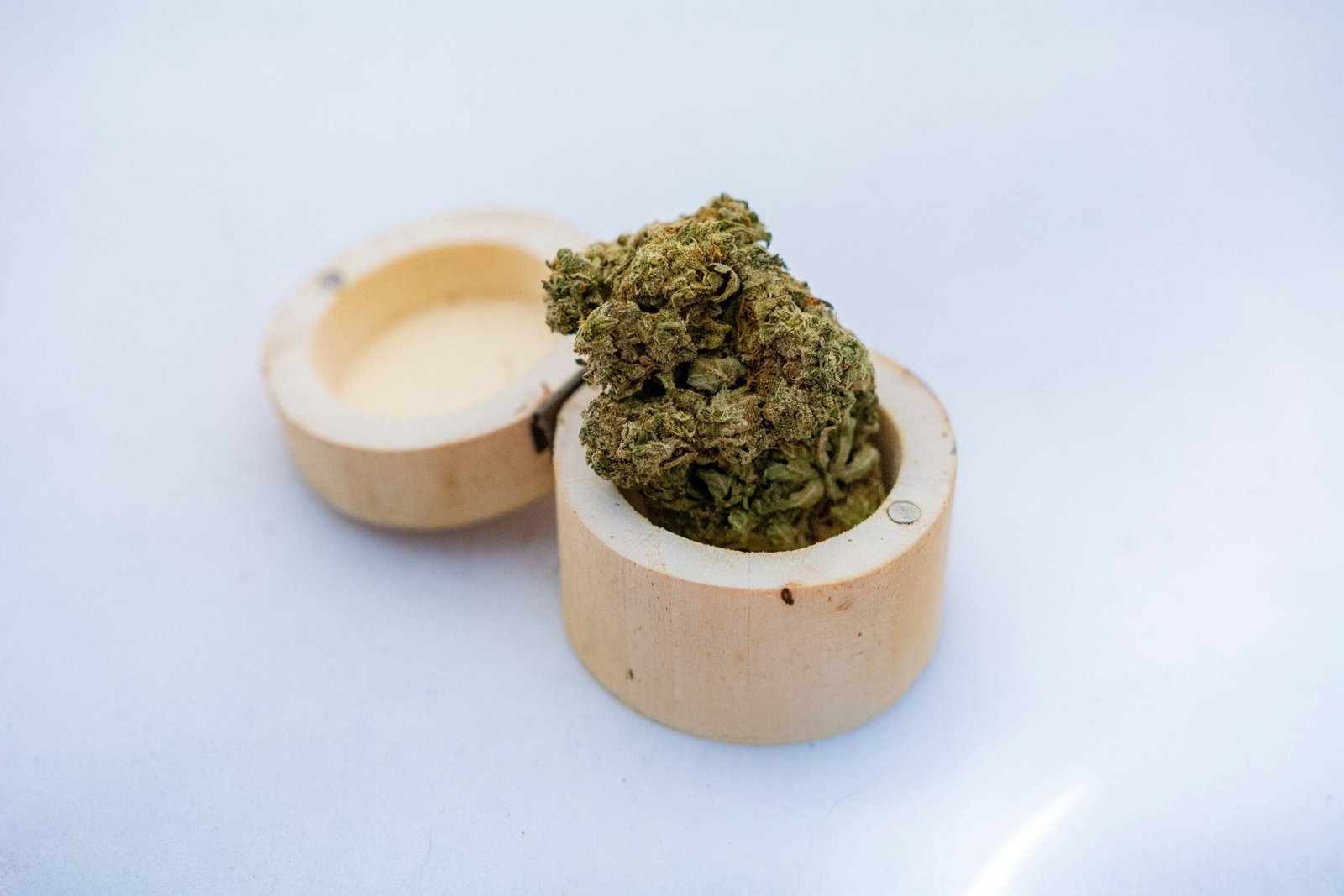The Importance of Staying Hydrated in Winter: 5 Benefits and How to Stay Hydrated
December 1, 2024 | by Chouhan

Why Hydration is Essential in Winter
During the winter months, the importance of maintaining adequate hydration levels cannot be overstated. While many individuals associate hydration primarily with the hot summer months, cold weather can also lead to significant fluid loss and subsequent dehydration. One of the primary reasons for this misconception is the lack of visible indicators of dehydration, such as sweating, which is often less pronounced when temperatures drop. However, the body still loses moisture through respiration and other physiological processes, necessitating consistent fluid intake.
Moreover, the conditions within most indoor environments during winter further exacerbate the situation. The use of central heating systems can cause air to become markedly dry, resulting in increased evaporation of moisture from the skin and respiratory tract. This dry air not only affects skin health but can also lead to symptoms often attributed to dehydration, such as fatigue, headaches, and dry mucous membranes. Thus, it is essential to remain vigilant about hydration even in the absence of warmer weather.
Physiologically, dehydration can have numerous detrimental effects on the body, particularly during winter. It can impair cardiovascular function, reduce physical performance, and hinder cognitive abilities, making it crucial to stay adequately hydrated. Additionally, hydration plays a vital role in maintaining immune function, which is particularly important during flu season when respiratory illnesses are more prevalent. In essence, failing to hydrate can lead to compounded health issues, as the body struggles under the dual burden of cold weather and diminished fluid balance. Therefore, maintaining proper hydration is not merely a summer concern but a vital aspect of health that deserves attention year-round, especially in the colder months.
Five Key Benefits of Staying Hydrated in Winter
Staying hydrated in winter is often overlooked, yet it plays a crucial role in maintaining overall health and well-being. One of the primary benefits of proper hydration is improved energy levels. During colder months, individuals may feel more fatigued due to lower temperatures and reduced sunlight. Adequate water intake helps ensure that the body’s metabolic processes function optimally, helping to combat seasonal fatigue and maintain vigor throughout the day.
Another significant advantage is enhanced immune function. The winter months are notorious for viral infections, such as the flu and common cold. Staying hydrated can help boost the immune system by supporting the production of lymph, which is essential for transporting white blood cells and nutrients throughout the body. Additionally, hydration aids in the efficient functioning of organs that are vital for immune health, thus helping to protect against seasonal illnesses.
Furthermore, hydration contributes to better skin health, which is particularly important during winter when the lack of moisture in the air can lead to dryness and irritation. Adequate water intake helps to keep skin supple and hydrated, reducing the risk of flakiness and promoting a more radiant complexion. This is key for individuals who may experience skin conditions exacerbated by cold weather.
Increased mental clarity is another compelling benefit of staying hydrated. Dehydration can lead to feelings of lethargy, poor concentration, and cognitive decline. Maintaining optimal hydration levels ensures that the brain receives sufficient nutrients and oxygen, supporting cognitive functions and enhancing focus, particularly during winter when motivation can wane.
Lastly, hydration supports weight management. Some individuals may misinterpret thirst for hunger, leading to unnecessary snacking during the colder months. Staying adequately hydrated helps regulate appetite, ensuring that one consumes appropriate portions and maintains a healthy weight during winter.
Signs of Dehydration: How to Recognize It in Winter
During the winter months, it can be particularly challenging for individuals to recognize the signs of dehydration. Although many associate hydration solely with the heat of summer, it is equally critical to maintain adequate fluid intake when temperatures drop. One of the most common symptoms of dehydration is dry skin; loss of moisture during cold weather can lead to cracked and flaky skin. This symptom is often overlooked in winter, as individuals may attribute it to external environmental factors without realizing that hydration plays a key role.
Another prevalent indicator of dehydration is fatigue. Cold weather can sap our energy levels, and in conjunction with inadequate hydration, individuals may find themselves feeling more tired than usual. This can lead to decreased productivity and a lack of motivation to engage in physical activity. Moreover, persistent headaches may occur as a result of dehydration, particularly in winter when indoor heating can further dehydrate the body. These headaches, often mistaken for tension or stress-related pain, can be alleviated by making a conscious effort to drink water regularly.
Diminished energy levels may also serve as a warning sign. People tend to think they are less physically active during winter, but indoor activities and holiday festivities can result in increased demands on the body. When hydration is not prioritized, individuals may experience significant drops in their energy reserves. It is essential to monitor these symptoms closely, particularly in winter months when colder weather can mask signs of dehydration. Awareness of one’s hydration status is crucial for overall health, as dehydration can escalate from mild inconvenience to severe health issues if left unaddressed. Maintaining regular fluid intake ensures not only physical well-being but also enhances one’s ability to enjoy the winter season fully.
Tips and Tricks for Staying Hydrated in Winter
Staying hydrated during the winter months can be challenging, but with a few practical strategies, individuals can easily incorporate hydration into their daily routine. One effective method is to enhance meals with hydrating foods. Foods such as cucumbers, oranges, carrots, and celery have high water content and can contribute significantly to daily fluid intake. Incorporating these items into salads or snacks can boost hydration levels without much effort.
Additionally, warm beverages offer a comforting solution to maintaining fluid intake during winter. Herbal teas, warm water with lemon, and broths not only keep one warm but also provide essential hydration. Opting for these alternatives can help mitigate the habit of reaching for caffeinated, dehydrating drinks, especially in colder climates where the body requires extra care.
To establish a consistent hydration habit, setting reminders can serve as a practical solution. Utilizing smartphone apps or calendar notifications can effectively prompt individuals to drink water periodically throughout the day. This technique is particularly beneficial as it helps ingrain hydration as a routine, even when one may not feel thirsty.
Moreover, tracking water intake can offer valuable insights into hydration levels. Various apps are available that allow users to log their daily fluid consumption. Monitoring progress not only serves as a motivator but also helps in identifying patterns that may require adjustments. Furthermore, taking note of the electrolytes consumed is equally crucial. When temperatures drop, the body can lose electrolytes through various means, including sweat and breath. Therefore, including electrolyte-rich options such as coconut water or sports drinks can aid in maintaining optimal hydration levels.
Incorporating these tangible actions into daily routines can facilitate proper hydration throughout the colder months, ensuring well-being and overall health remains a priority during winter.
RELATED POSTS
View all


